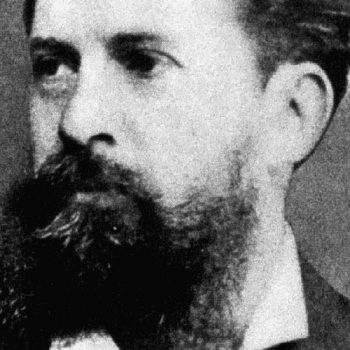“If there were no sun, it would be night.” (Kahn; cp. S, R, 99)
This is one of multiple quotes by Heraclitus on the sun. We have discussed two so far, Fragments 42 and 44. In Fragment 42, Heraclitus discusses the sun in reference to the alterations of the seasons, which change in reference to the limits of the sun’s annual movement — as we move from the longest day to the shortest and back again. Fragment 44 hints at this too, mentioning the “measures” of the sun, which we can see as daily and seasonal.
Kahn discusses Fragment 46 together with the next three Fragments (47, 48, 49), which are also about the sun. One general question he raises in this context is whether one is generally to read Heraclitus’ statements on the sun as part of a developed perspective of natural philosophy. We will take up this question in the later fragments.
Here Heraclitus is making a definitional statement. The sun defines the day in a way, for example, that the moon and the stars do not define the night. Without the sunlight, we would have no day as we understand it. The moon and stars are less essential to our understanding of night than that. In fact, here Heraclitus defines both day and night in relation to sunlight — day by its presence, night by its absence.
Robinson reads this passage in reference to Fragment 19 (K; D57) in which Heraclitus criticizes Hesiod and those influenced by him who fail to understand day and night as one whole. In the daily measure of time, we are to include both the daylight and the night time. When the sun isn’t present, it is night time. But day and night are unified in the measures of time in the cosmic order.
